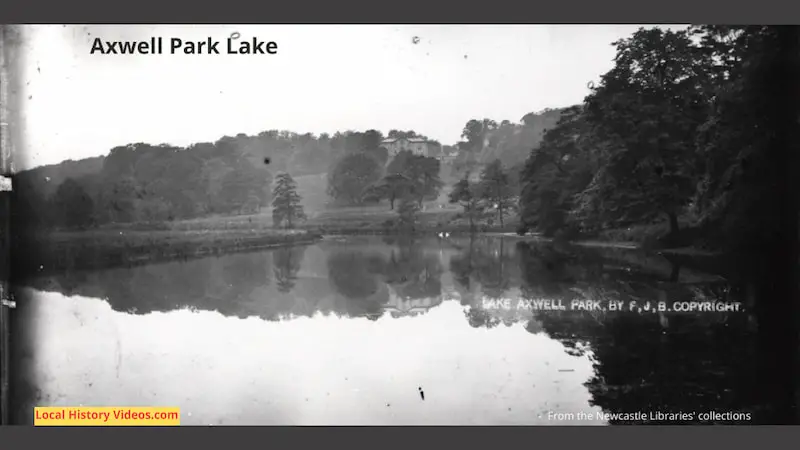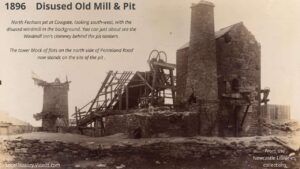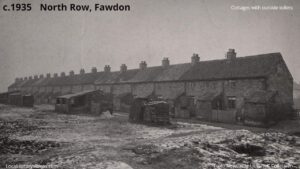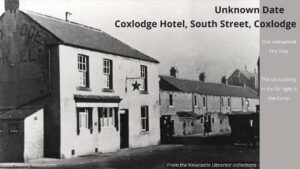Glimpse history through old images of Axwell Hall and Axwell Park, now part of the western fringe of Gateshead, in North East England, UK.
Axwell Hall is close to Blaydon and Swalwell, in Tyne & Wear.
Old Pictures of Axwell Hall
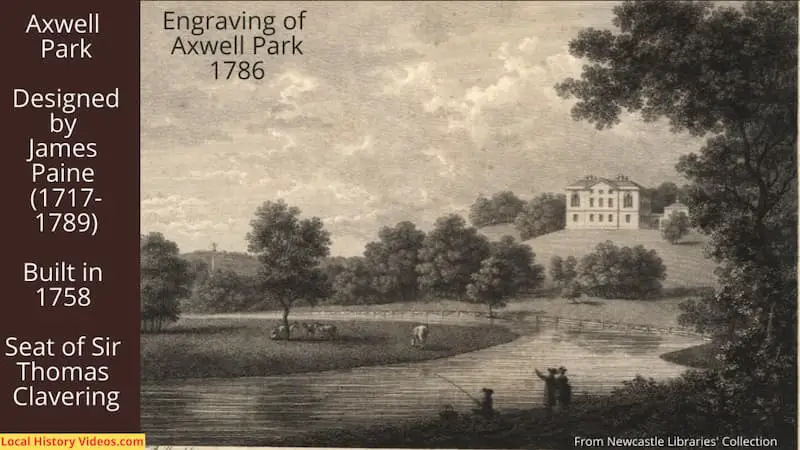
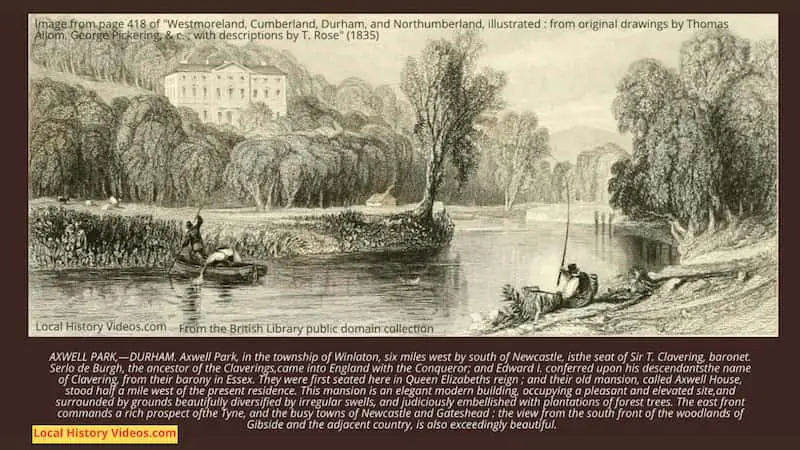
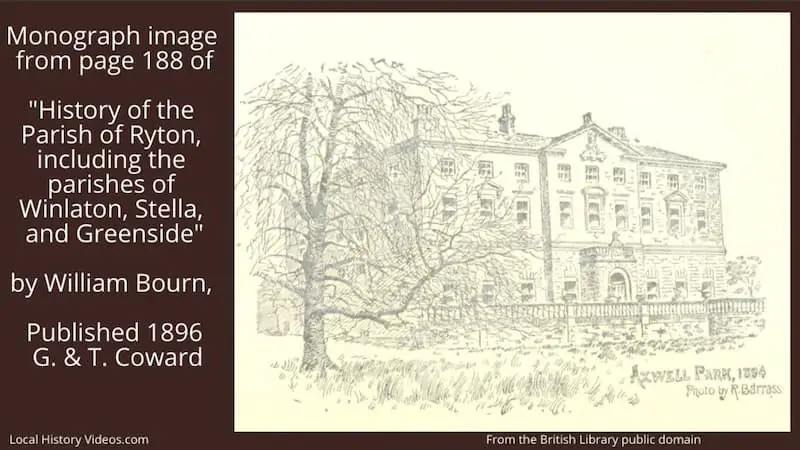
Old Photos of Axwell Park
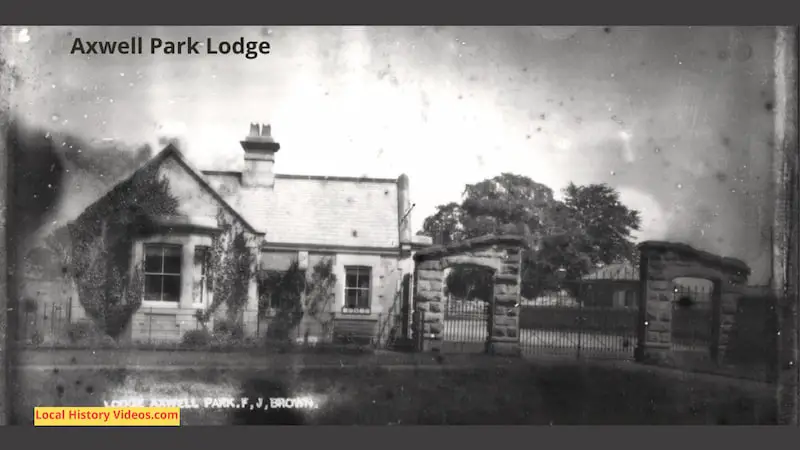
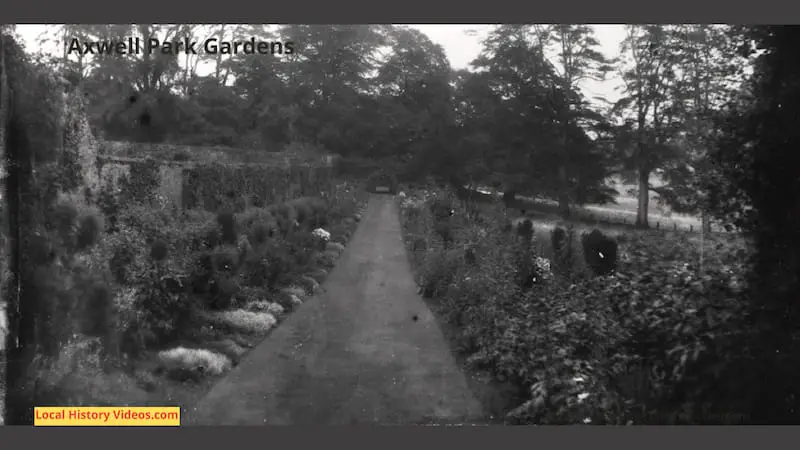
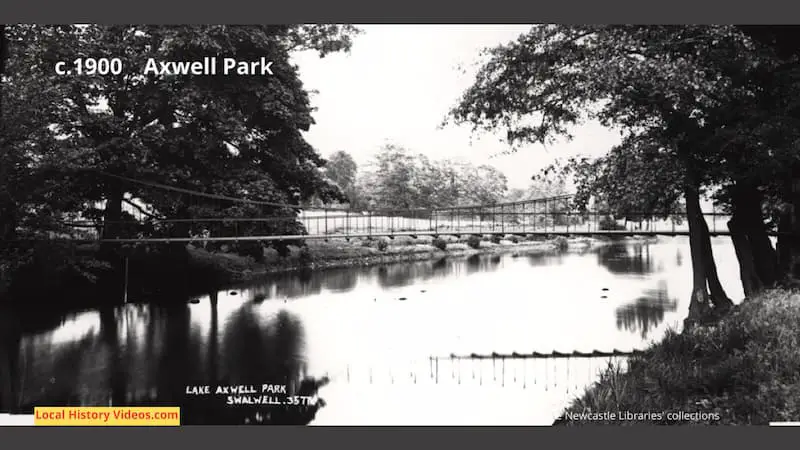
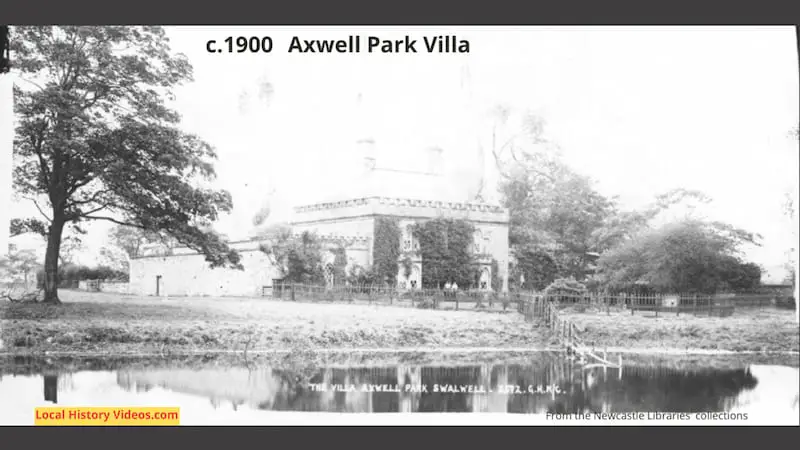
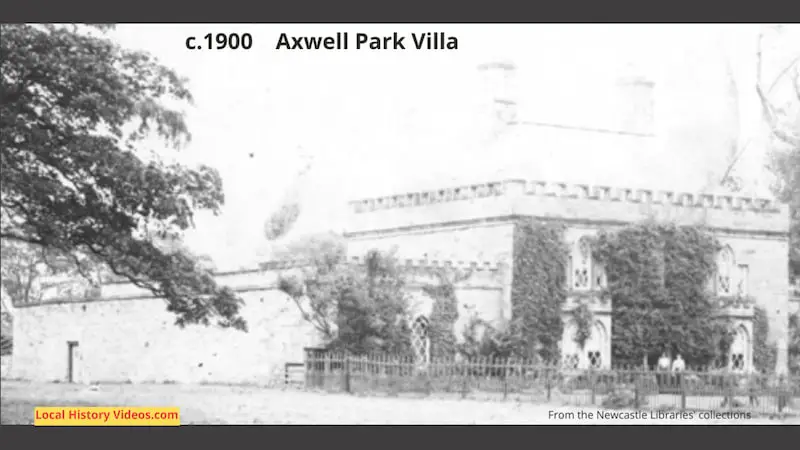
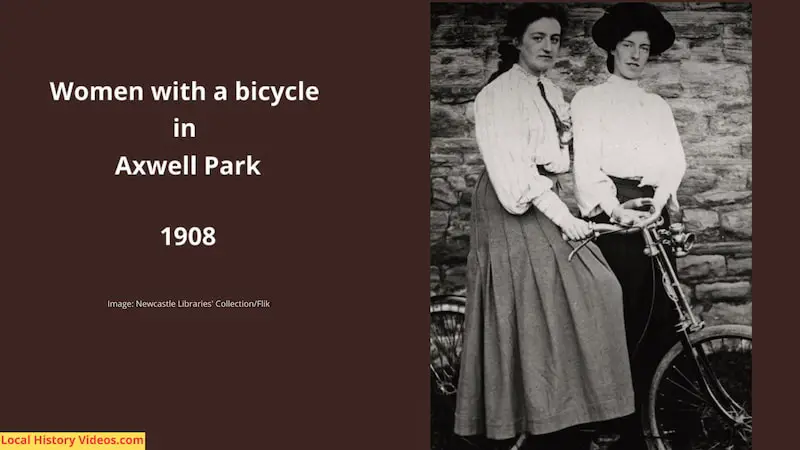
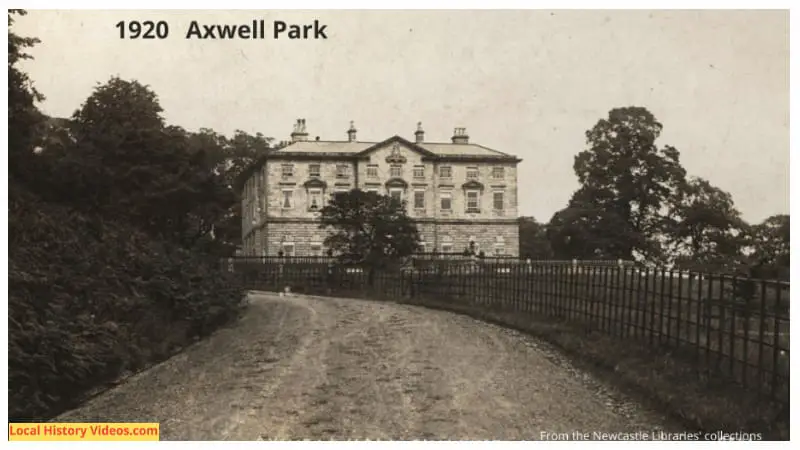
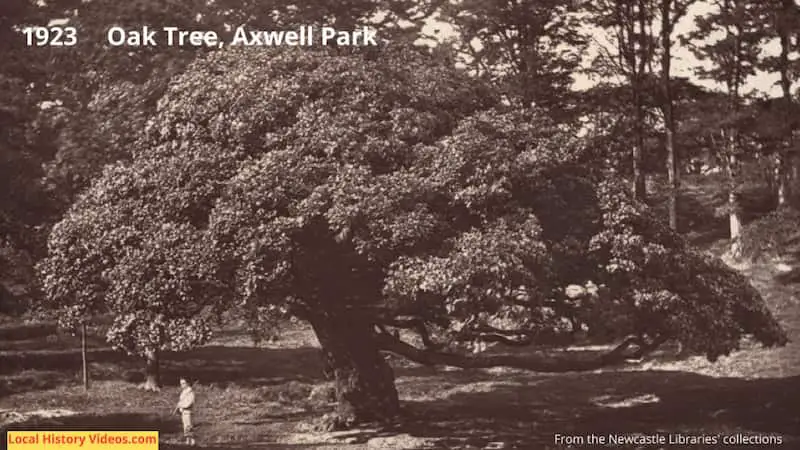
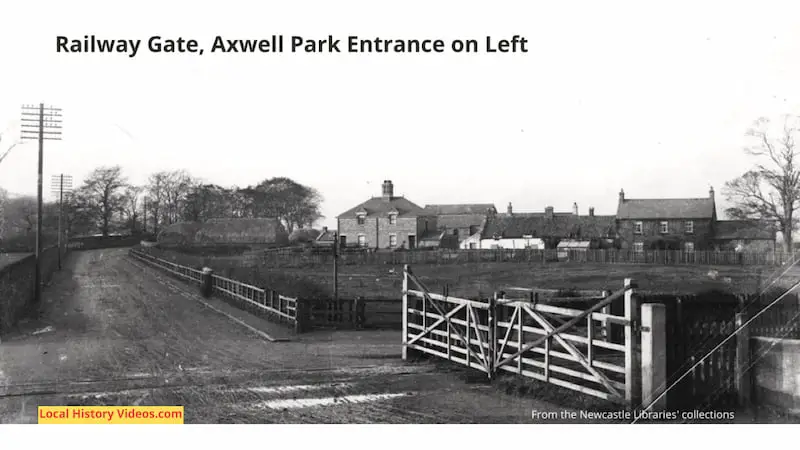
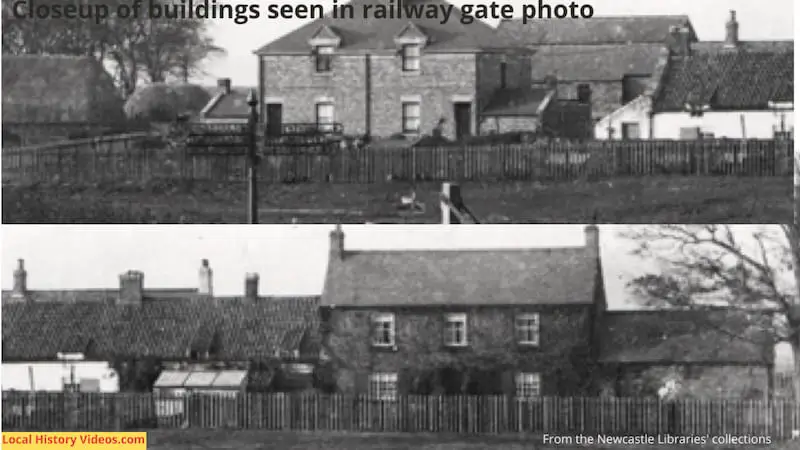
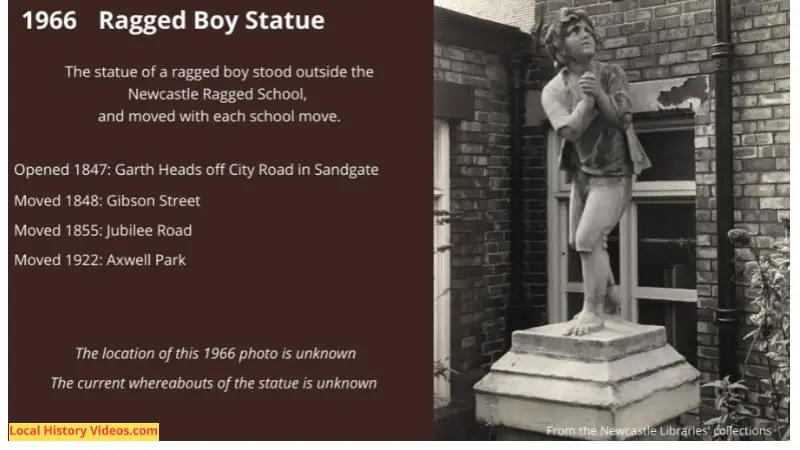
Historic Book
Extracts from:
An Historical, Topographical, and Descriptive View of the County Palatine of Durham: Comprehending the Various Subjects of Natural, Civil, and Ecclesiastical Geography, Agriculture, Mines, Manufactures, Navigation, Trade, Commerce, Buildings, Antiquities, Curiosities, Public Institutions, Charities, Population, Customs, Biography, Local History, &c · Volume 1
by Eneas Mackenzie
Published in 1834
Page 173:
In 1411, William, son and heir of William de Swallowelles, quitclaimed all his father’s lands in Swallowelles and Whickham to John Fenwyk, chaplain, a trustee for Roger Thornton, from whom the estate passed to the Lumleys, and subsequently, about 1599, to Matthew Ogle, Esq., since which time it has been intermixed with the property of Axwell.
Page 174:
There is a good bridge of three arches over the Darwent near Swalwell, which forms a handsome object as seen from the grounds of Axwell Park.
Page 180:
Ryton parish… Coal and iron stone are found in the parish , and there is a sulphur-spring at Axwell Park.
Pages 199 and 200:
The manor of Axwell, in 1362, was held of the see of Durham by William de Birtley, at 13s. 4d. rent. Under Hatfield’s Survey, it was held by the heirs of Hugh del Redheugh by knight service and 15s. 4d. About 1411, Thomas del Redheugh alienated the manor to Roger Thornton.
Elizabeth, daughter of the younger Roger, by marriage carried the estate into the Lumley family.
In 1574, Matthew Ogle purchased the manor of Axwell and a tenement in Swalwell from John Lord Lumley; but, in 1604, John Ogle, of Cawsey, Esq., conveyed his property in Axwell and Swalwell, with the mines, to Roger Lumley, Gent., a branch of the family of Lord Lumley.
In 1629 , Axwell was sold to John Clavering , alderman of Newcastle. The Claverings re-united some other parcels of the estate by purchase.
In 1586, William Ogle granted to William Shafto, of Tanfield, Gent., a fourth part of the manor of Axwell-houses, and another fourth part of the manor of ” Axsheles ” to Rowland Shafto, Gent. Arthur, the son of William Shafto, in 1629 granted his part to the Claverings.
The family of the Claverings derive their descent in the male line from Charlemagne. The original family name is De Burgh, which was resumed by the Marquis of Clanricarde in 1752. Eustace de Burgh, a noble Norman, had two sons, who came over with William the Conqueror.
Serlo, who built Knaresbrough Castle, died without issue; but his brother, Joannes, had three sons, whose descendants became connected with the noblest houses in England. One branch of the family became barons of Warkworth; and Eustace de Vescy was one of the competitors for the crown of Scotland. The surname of Clavering was given by King Edward I., from Clavering in Essex, which was the chief estate of Robert Fitz-Roger, Lord Clavering, Baron of Warkworth and Clavering. Robert Clavering, son and heir of John Clavering and Elizabeth Fenwick, married Ann, daughter of Sir Thomas Grey, of Horton Castle, co. Northumberland , from which last are descended the families of Sir Thomas Clavering, of Axwell Park, Bart., and of Charles Clavering, Esq.; also the Claverings of Chopwell.
James, the son of Robert Clavering and Ann Grey, was sheriff of Newcastle in 1599, and mayor 1607 and 1618. His son, John Clavering, of Axwell, Esq., also served the offices of sheriff and mayor of Newcastle. He married Ann, daughter of Robert Shafto, alderman of Newcastle, widow of Robert Tempest, and died in 1648. His eldest son , James Clavering, married Jane, daughter and heir of Charles Maddison , of Saltwellside , Esq., and was created a baronet 5th June, 1661. His grandson, James Clavering, succeeded to the title in 1702; and, at his death in 1707, his brother, John Clavering, became the third baronet. He died in 1714, and was succeeded by his son, Sir James Clavering, baptized 3d August, 1708, and died May 18, 1726. The title next devolved on his uncle, Francis Clavering, who died without issue in 1738, and was succeeded by his cousin, Sir James Clavering, sixth baronet. He died 12th May, 1748, and by his first wife, Catherine , daughter of Thomas York, of Richmond, Esq., left issue, 1. Sir Thomas Clavering, of
Axwell Park, seventh baronet, baptized 19th June, 1718, member of parliament for Shaftesbury 1754, and for the county of Durham 1768, 1774, 1780, and 1784. He married Martha, daughter of Joshua Douglas, of Newcastle, and died without issue 14th October, 1794. 2. George Clavering, of Greencroft, Esq., who by Mary, daughter of Palmer, of Comb Rawleigh, co. of Devon, left a son, the eighth and present baronet. 3. Sir John Clavering, K. B., and a major – general in the army, commander – in – chief in the East Indies, governor of Berwick, and colonel of the 52d foot, died at Calcutta 30th August, 1777, aged 55 years. By his first wife, Diana, daughter of John Earl of Delaware, he had issue.
Sir Thomas – John Clavering, of Axwell Park, son of George Clavering and Mary Palmer, born 5th April, 1771, married Clara Allais de la Bernardine, by whom he has issue. Axwell Park is occupied by Charles – John Clavering, son of General Sir John Clavering deceased, now of Ridlamhope, co. Northumberland. He married Diana, daughter of Robert Adair, Esq., by Caroline, daughter of William, second Earl of Albemarle, and has issue one daughter, Diana-Mary.
Axwell Park, the beautiful modern seat of the Claverings, lies in Winlaton township, and north of the Darwent.
The house was built by the late Sir Thomas Clavering, from a chaste and elegant design of Payne’s, and is, by professional men, considered one of that eminent architect’s happiest efforts.
It stands open, but not unsheltered, in the midst of a soft wooded park , which slopes gently to the Darwent, and is diversified by beautiful swells and undulations of ground.
A number of deer add to the simple and rural beauties of the scene.
The southern view overlooks the rich enclosures and hanging woods of Gibside.
The east front commands a prospect of Darwent bridge, and extends over part of the vale of Tyne, the shipping at Newcastle Quay, and the heights of Gateshead.
Mr. Clavering is possessed of some very valuable pictures by old masters; amongst which may be enumerated two very large and splendid paintings , which shew the style of Paul Veronese: the one represents the Raising of Lazarus, and the other the Inauguration of a Bishop. Here are also, The Holy Family, by Caracci; The Passover, Le Seur; Bentivoglio, Titian; Interior of a Cathedral, Neefs and Tenier; Sacking a Village, Vander Malin; Skaiting, Bout; and several portraits.
Old Axwell lies to the south of the Darwent. Part of the old manor house and offices are standing, a little to the west of Clockburn Lane.
After the desertion of Old Axwell, the Selbys removed to their seat called Whitehouse, and which was afterwards occupied by the Claverings. This messuage stands about half a mile west of the present residence.
More about Tyne & Wear
- Cowgate, Newcastle Upon Tyne: History in Old ImagesEnjoy a glimpse of history through old images of Cowgate, in Newcastle upon Tyne, Tyne & Wear, England, UK.
- Willington, North TynesideEnjoy a glimpse of history about Willington in North Tyneside, Tyne & Wear, North East England, UK.
- Newburn, Newcastle upon TyneEnjoy a glimpse of history about Newburn in Newcastle upon Tyne, Tyne & Wear, North East England, UK.
- Howdon, North TynesideEnjoy a glimpse of history about Howdon in North Tyneside, Tyne & Wear, North East England, UK.
- Fawdon, Newcastle upon TyneEnjoy a glimpse of history about Fawdon in Newcastle upon Tyne, Tyne & Wear, North East England, UK.
- Coxlodge, Newcastle upon TyneEnjoy a glimpse of history about Coxlodge in Newcastle upon Tyne, Tyne & Wear, North East England, UK.
- Earsdon, North TynesideEnjoy a glimpse of history about Earsdon in North Tyneside, Tyne & Wear, North East England, UK.
- Dinnington, Newcastle upon TyneEnjoy a glimpse of history about Dinnington in Newcastle upon Tyne, Tyne & Wear, North East England, UK.
- Chirton, North East EnglandEnjoy a glimpse of history about Chirton in North Shields, Tyne & Wear, North East England, UK.
- Usworth, Tyne & WearEnjoy a glimpse of history about Usworth in Washington, Tyne & Wear, England, UK.

